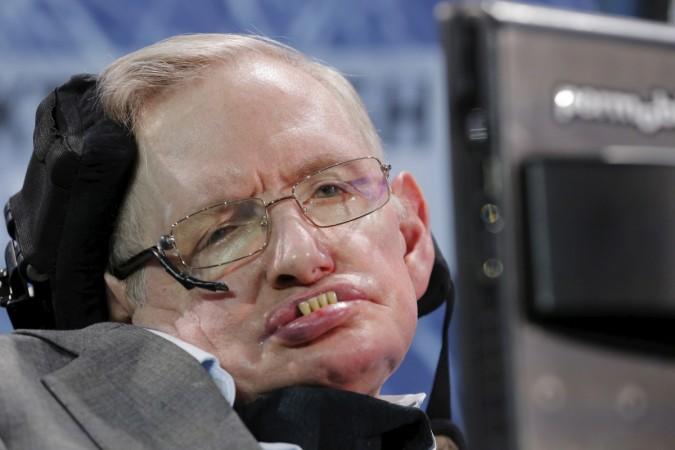
Noted theoritical physicist and cosmologist Stephen Hawking has given humanity just another 1,000 years on earth, claiming that the humankind will have to find at least one other planet to colonise after that if it wants to survive. Hawking had famously predicted another bit of gloomy future for mankind, saying sufficiently advanced Artificial Intelligence (AI) could spell the end of the world as we know it.
This time, Hawking was speaking at a Oxford Union debating society gathering on a variety of topics, like the universe, and where human beings came from. The septuagenarian with crippling motor neuron disease is best known in the scientific community for his research into the building blocks of the universe and its origins, and among the masses for his book A Brief History of Time, which famously contains only one scientific equation: E=mc2.
Speaking at the gathering, he was quoted by the Independent as saying: "Our picture of the universe has changed a great deal in the last 50 years and I am happy if I have made a small contribution. The fact that we humans, who are ourselves mere fundamental particles of nature, have been able to come this close to understanding the laws that govern us and the universe is certainly a triumph."
He said about the advancements in research and expansion of the collective human knowledge: "We will map the position of millions of galaxies with the help of [super] computers like Cosmos. We will better understand our place in the universe. Perhaps one day we will be able to use gravitational waves to look right back into the heart of the Big Bang."
And then came the dire warning: "But we must also continue to go into space for the future of humanity. I don't think we will survive another 1,000 years without escaping beyond our fragile planet."
With climate change bringing about some of the hottest months on record and world resource consumption also reaching record highs, the scenario Hawking predicted may not exactly be science fiction.

















